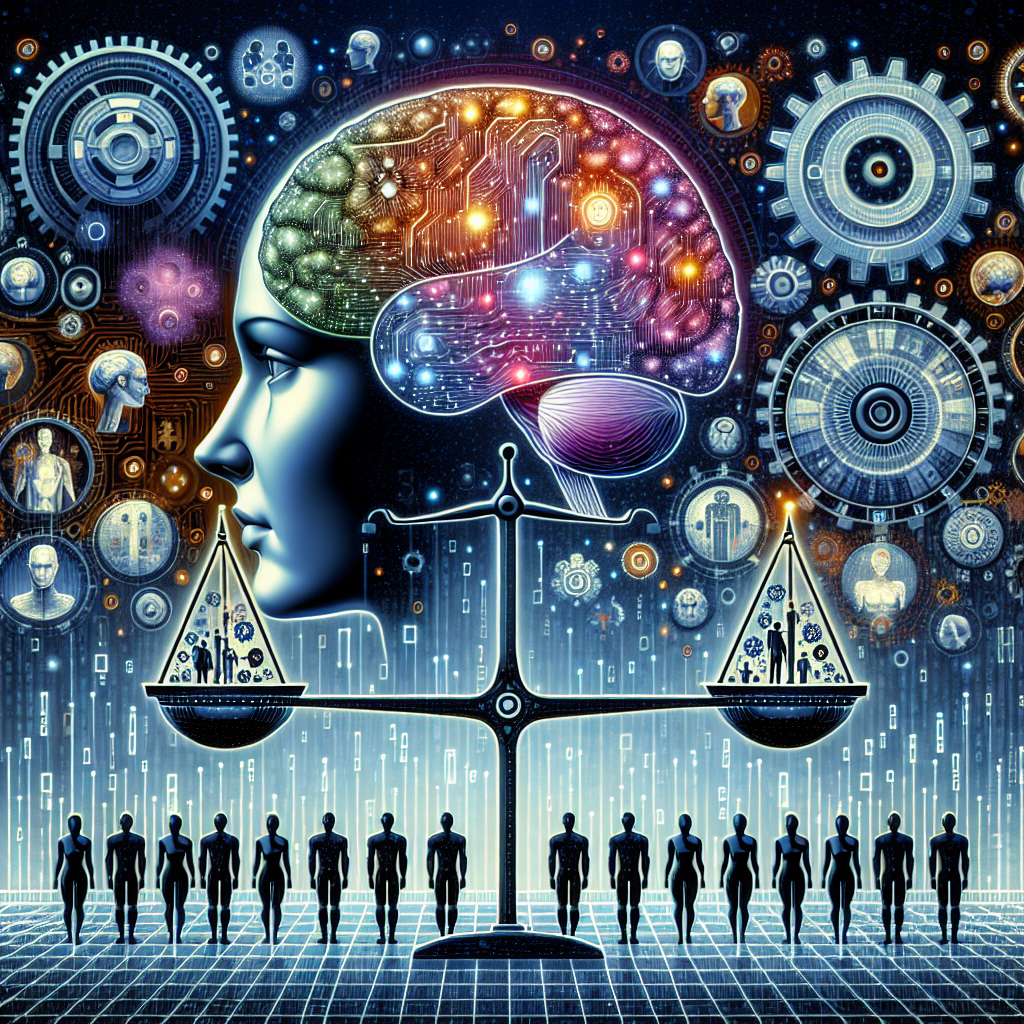Artificial General Intelligence (AGI) has been a topic of great interest and speculation in recent years. AGI refers to a form of artificial intelligence that possesses the ability to understand, learn, and apply knowledge in a way similar to human intelligence. While current AI systems are limited to specific tasks and have narrow capabilities, AGI has the potential to revolutionize industries, improve quality of life, and even shape the future of humanity. However, with great power comes great responsibility, and there are both potential risks and rewards associated with the development of AGI.
Potential Rewards of AGI:
1. Increased efficiency and productivity: AGI has the potential to automate complex tasks and processes currently performed by humans, leading to increased efficiency and productivity in various industries. This could result in significant cost savings, improved quality of products and services, and faster decision-making.
2. Advancements in science and research: AGI could accelerate scientific discoveries and research by analyzing vast amounts of data, identifying patterns and trends, and generating hypotheses. This could lead to breakthroughs in fields such as medicine, climate change, and space exploration.
3. Enhanced personalization and customization: AGI could personalize products and services to meet individual preferences and needs, leading to a more tailored and satisfying customer experience. This could revolutionize industries such as healthcare, education, and entertainment.
4. Improved decision-making and problem-solving: AGI could assist humans in making better decisions and solving complex problems by analyzing data, identifying potential solutions, and predicting outcomes. This could lead to more informed and effective decision-making at both individual and organizational levels.
5. Increased safety and security: AGI could enhance safety and security by monitoring and responding to potential threats in real-time. This could improve disaster response, crime prevention, and cybersecurity, making the world a safer place for all.
Potential Risks of AGI:
1. Unemployment and economic inequality: The widespread adoption of AGI could lead to job displacement and increased economic inequality, as AI systems replace human workers in various industries. This could result in social unrest, economic instability, and widening income disparities.
2. Loss of human control: AGI systems with advanced capabilities could surpass human intelligence and autonomy, leading to loss of control over AI systems and their decision-making processes. This could result in unintended consequences, ethical dilemmas, and potentially catastrophic outcomes.
3. Bias and discrimination: AGI systems trained on biased or incomplete data could perpetuate existing biases and discrimination, leading to unfair outcomes and social injustice. This could exacerbate societal divisions and undermine trust in AI systems.
4. Security and privacy concerns: AGI systems could pose security risks and privacy concerns if they are vulnerable to hacking, manipulation, or misuse. This could compromise sensitive information, infringe on individual rights, and threaten national security.
5. Existential risks: AGI systems with superhuman capabilities could pose existential risks to humanity if they are not aligned with human values and goals. This could lead to unintended consequences, such as the loss of human control, the emergence of malevolent AI, or even the extinction of the human species.
FAQs:
1. What is the difference between AGI and AI?
AGI refers to artificial intelligence that possesses the ability to understand, learn, and apply knowledge in a way similar to human intelligence, while AI refers to a narrower form of artificial intelligence that is limited to specific tasks and has narrow capabilities.
2. How close are we to achieving AGI?
While significant progress has been made in the field of AI, achieving AGI remains a challenging and complex goal. Some experts believe that AGI could be achieved within the next few decades, while others are more cautious and predict a longer timeline.
3. What are some examples of AGI applications?
Some potential applications of AGI include autonomous vehicles, personalized healthcare, advanced robotics, natural language processing, and predictive analytics. These applications could revolutionize industries, improve quality of life, and shape the future of humanity.
4. What are the ethical considerations associated with AGI?
Ethical considerations associated with AGI include issues related to bias and discrimination, loss of human control, security and privacy concerns, and existential risks. It is important to address these ethical considerations proactively to ensure that AGI is developed and deployed responsibly.
5. How can we ensure the safe and beneficial development of AGI?
To ensure the safe and beneficial development of AGI, it is important to prioritize ethical considerations, promote transparency and accountability, engage with stakeholders, and establish regulatory frameworks. Collaboration between researchers, policymakers, industry leaders, and civil society is essential to address the potential risks and rewards of AGI effectively.
In conclusion, AGI has the potential to revolutionize industries, improve quality of life, and shape the future of humanity. However, there are both potential risks and rewards associated with the development of AGI. It is important to address ethical considerations, promote transparency and accountability, and engage with stakeholders to ensure the safe and beneficial development of AGI. By working together, we can harness the power of AGI to create a better future for all.

